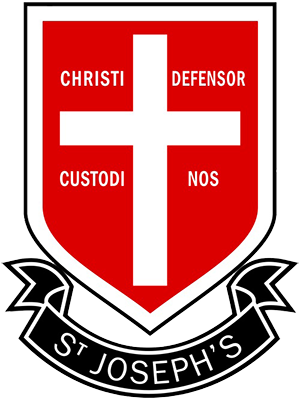Curriculum
Food Technology
Intent
To develop students’ curiosity within the kitchen and inspire the love of cooking, enabling students to confidently prepare and cook healthy dishes which can be implemented into everyday life. Students are encouraged to stretch their practical abilities and develop their knowledge of Foods links to Sustainability, Health and other Social and Economic Factors, setting them up for a career within the ever growing Food industry.
Enacting our Vision
Learning within the subject of food preparation and nutrition balances the practical element of cooking and building their practical skills alongside the knowledge of nutrition, health, sustainability, food choices and how these can be implemented into everyday life. We strive to ensure our students are equipped with the attributes, skills and knowledge they can use, implement and pass on in years to come. Within KS3 our aim is to ensure students find their love of cooking through fun and healthy recipes. KS4 allows students to build upon what they have learnt previously and be more creative in the kitchen, honing their skills ready for their Non Exam Assessment in Year 11.
YEAR 7
Year 7 begin with the basics of food hygiene, health and safety, something which is expressed throughout every students food journey from years 7 -11. Knife skills are the first practical element, a skill they build upon throughout their time in the kitchen, this provides opportunity for creativity and showcasing skills. Nutrition is the main topic for the first term, learning functions and sources of the main nutrients, a topic that will be developed as time within food moves on. The evaluative side of the subject is something we begin from the beginning of KS3 as it is a skill used across the school, this provides time for the students to reflect over their work and grow within the subject. As the year progresses students continue to cook and learn new skills, skills they are encouraged to use outside of the school environment.
YEAR 8
Year 8 covers topics such as food choices and food sustainability as well as building upon the topic of nutrition. These topics are often cross linked with subjects such as Geography, Science and PE. Identifying links between subjects is a crucial part of the subject and will support students learning as they progress within education They continue to develop their skills within the kitchen with dishes like sausage rolls, jambalaya and chow mein, dishes which reflect the nutritional side of the subject and ones which can easily be replicated at home.
YEAR 9
Nutrition is foundation for the whole scheme of work in year 9. This allows students to look into the different food commodities we rely on today and how they are used with the food industry. Food basics such as milk, eggs and potatoes are investigated, prepared and cooked in many different ways, demonstrating practical skill, creativity and the ability to evaluate and develop. Cross curricular learning continues to evolve with ethical, moral and social issues linking in with the subject of food. We aim to highlight the many issues food brings to society today and ways in which we can help tackle them through the foods we buy and eat. Higher level cooking skills will be demonstrated in year 9 with dishes such as profiteroles, butter chicken and shepherd’s pie, dishes we hope students can implement into everyday life.
YEAR 10
Students begin learning the Science of Food in year 10, providing the opportunity for food experimentation, helping to find the best ingredients and techniques to produce the best possible outcomes. The skills and knowledge they will learn here will be incorporated into their first Non Exam Assessment in the September of year 11, highlighting its importance. Sustainability is another high profile topic that is revisited in year 10, trips to Borough Market and Local food suppliers demonstrate to students the issues we have today, allowing them to make informed decisions in the future. Food Choices is another topic with many sub categories such as Religion and Veganism, allowing students to understand the food choices people make and the reasoning behind these decisions. This understanding helps students empathise and develop their adaptability to change and alter dishes to suit the needs of others. Students continue to develop their practical skills, choosing their own dishes with the scope to be more independently creative.
YEAR 11
The students begin to refine their knowledge and focus on their 2 Non Exam Assessments (NEA) this usually takes the majority of the first two terms. The first NEA will involve students conducting a Science Investigation, finding the best possible ingredient for a specific dish. The second NEA is a 3 month project, culminating into a 3 course meal in March allowing students to showcase all of the skills they have learnt. Exam Practice is key in year 11, ensuring students understand the requirements and know the structure of the exam, this is supported through techniques such as walking, talking mocks and targeted interventions.
Careers In Food
Chef, Food Developer, Nutritionist, Contract Caterer, Baker, Barista, Events Manager
CONTACT US
For further information regarding Food Preparation and Nutrition please contact the following:
Mr Ashley Mall (Head of Design and Technology) – a.mall@st-josephs.slough.sch.uk
